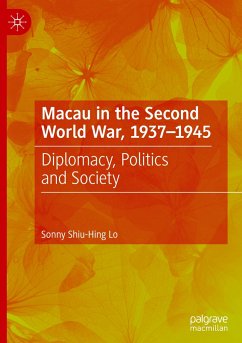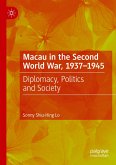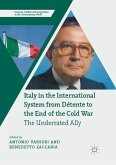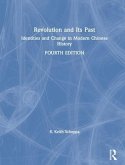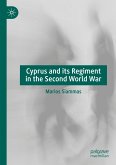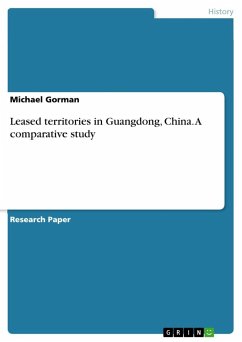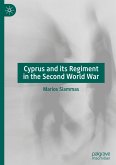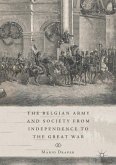This book offers a re-interpretation of the political history of Macau from 1937 to 1945, during which Japan and China were engulfed in the Second World War. Using an array of English and Chinese sources, the author explores the diplomatic and social landscape of war-time Macau under Portuguese colonial rule. By framing this analysis within the concept of Portuguese 'neutrality', the book builds on the political history of Macau and provides new insights into the role of Japanese collaborators and Communist guerrillas. Seeking to answer important questions such as why Macau was not invaded by Japan in the Second World War, and what role the Nationalist Party Government played during this period, this book presents a new approach to examining Macau's diplomatic history. A unique read for scholars of Chinese history, this book will also appeal to those researching diplomatic and political history during the Second World War.
This book presents original perspectives on Macau s neutrality during the Second World War. Its key theoretical contribution is demonstrating that neutrality is not a static concept of 'non-participation' and 'non-alignment' but rather a dynamic relationship between strong and weak states. For me, the central research question of this book is: how did Macau survive during the Second World War? This makes the book valuable not only to historians but also to scholars in diplomacy and international relations. (Ying-ho Kwong, The China Review, Vol. 24 (4), November, 2024)

